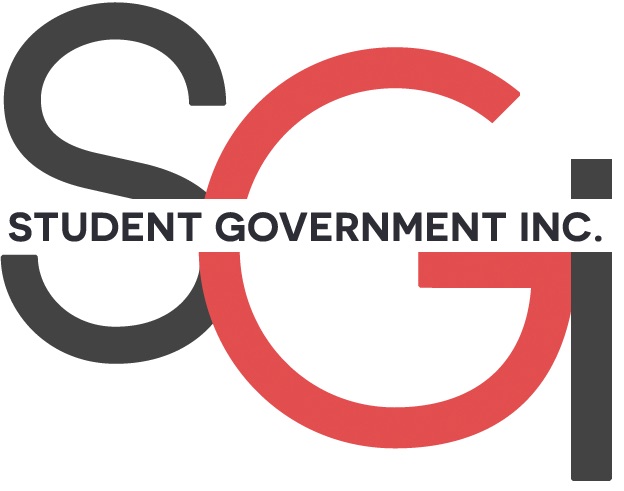
St. John’s University and the Institute for International Communication organized a virtual panel on the “Tyranny of Efficiency and the Seduction of Convenience” on Sept. 13 at 9 a.m. Dr. Elisabeth Fondren, assistant professor of journalism in the Division of Mass Communication at St. John’s, moderated the event.
Professors and scholars from around the world gathered in the digital space to address the evolving technology industry, the increased convenience it brings to daily life and the drawbacks that come with it.
Panelists included Dr. David Lyon of Queen’s University in Ontario, Dr. Will Mari of Louisiana State University, Dr. Natalie Byfield of St. John’s University and Dr. Thomas Bauer of the University of Vienna.
“We think that, given the growth of convenience as a way of life and ideal, especially in the West, and especially through technological innovations, warrants our exploration,” Fondren said. “Why are we so fixated on the promise of smooth and effortless efficiency?”
Lyon, a surveillance expert, came prepared with a research focus dissecting “whether surveillance can ever promote human flourishing.”
He raised several concerns including the rise of convenience in correlation with corporate monopoly and government data, citing Amazon’s constant developments targeting consumers longing for further convenience, such as Ring, Amazon’s doorbell with a video monitoring feature. He explained that such products continue to feed into Amazon’s growth while tracking consumers’ spending habits and lifestyles to target them with more products. Because companies like Amazon continue to produce products across all sectors, they become dangerously close to a monopoly.
He also explained how the Canadian government utilized mobile data to geographically track COVID-19 cases throughout the pandemic, which invades peoples’ privacy.
“No one is not under surveillance today,” Lyon said.
Changing the pace, Dr. Mari presented his research on the internet’s effect on the news industry, “The industry itself was having a hard time paying for itself as early as the early 2000’s,” Mari said.
While the news industry has seen disturbances throughout history, such as the early days of radio and cable, the internet is by far the most “severe.”
“In the beginning, there wasn’t a lot of innovation when it came to journalism,” Mari said, which is why newsrooms struggled early on. They simply failed to adapt as soon as the change came.
According to the Pew Research Center, newsroom employment fell by 57% from 2008 through 2020, however, employment at digital-native newsrooms rose by 144% in the same time frame. Mari also mentioned major success stories like the New York Times and the Wall Street Journal, which have flourished in the digital age.
But while “convenience is tempting and hard to resist, it doesn’t mean it is all bad,” said Fondren.
Through their presentations and research, panelists agree with the notion that the convenience that technology brings in the digital age can bring disturbances and challenges.
For more information on the University’s Institute for International Communication, click here.









